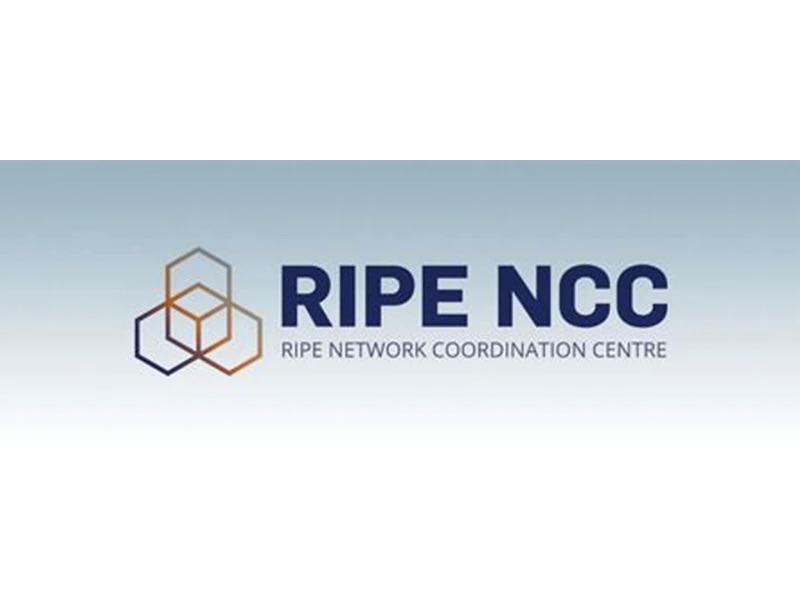- A delegation from the Dutch Ministry of Economic Affairs toured the RIPE NCC office.
- Discussions covered Internet governance, policies, and security.
What happened: Ministry delegation explores RIPE NCC operations
On 11 April 2025, representatives of the Dutch Ministry of Economic Affairs visited the RIPE NCC office in Amsterdam to learn about the organisation’s role and operations. During the day‑long working visit, the delegation met with RIPE NCC staff and explored Internet governance and the Regional Internet Registry system. Discussions focused on RIPE NCC membership services, including access to IP addresses and AS numbers. The group also reviewed RIPE Policies, examined information security frameworks, and assessed routing security initiatives. RIPE NCC personnel provided demonstrations of the LIR Portal and RIPEstat tools, highlighting how members manage resources and monitor network performance. The visit underscores the Dutch government’s interest in multistakeholder Internet coordination and the importance of collaboration between public authorities and technical communities.
Also read: RIPE NCC ends community projects fund
Also read: Gábor de Wit named RIPE NCC registry operations chief
Why it’s important
The Dutch Ministry’s visit to RIPE NCC highlights government engagement in Internet governance frameworks. By understanding RIR operations, policymakers can better shape national and international address allocation policies. Reviewing RIPE Policies and security practices supports coherent regulation of IP resource management. The exchange fosters public–private dialogue, ensuring that government strategies align with technical realities. Insights gained may inform Dutch approaches to cyber‑security and critical infrastructure protection. Furthermore, the visit underscores the value of multistakeholder cooperation in sustaining a stable and secure Internet ecosystem RIPE Network Coordination Center. Such collaboration can lead to improved resilience against routing incidents and more transparent governance models, benefiting both operators and end‑users.

